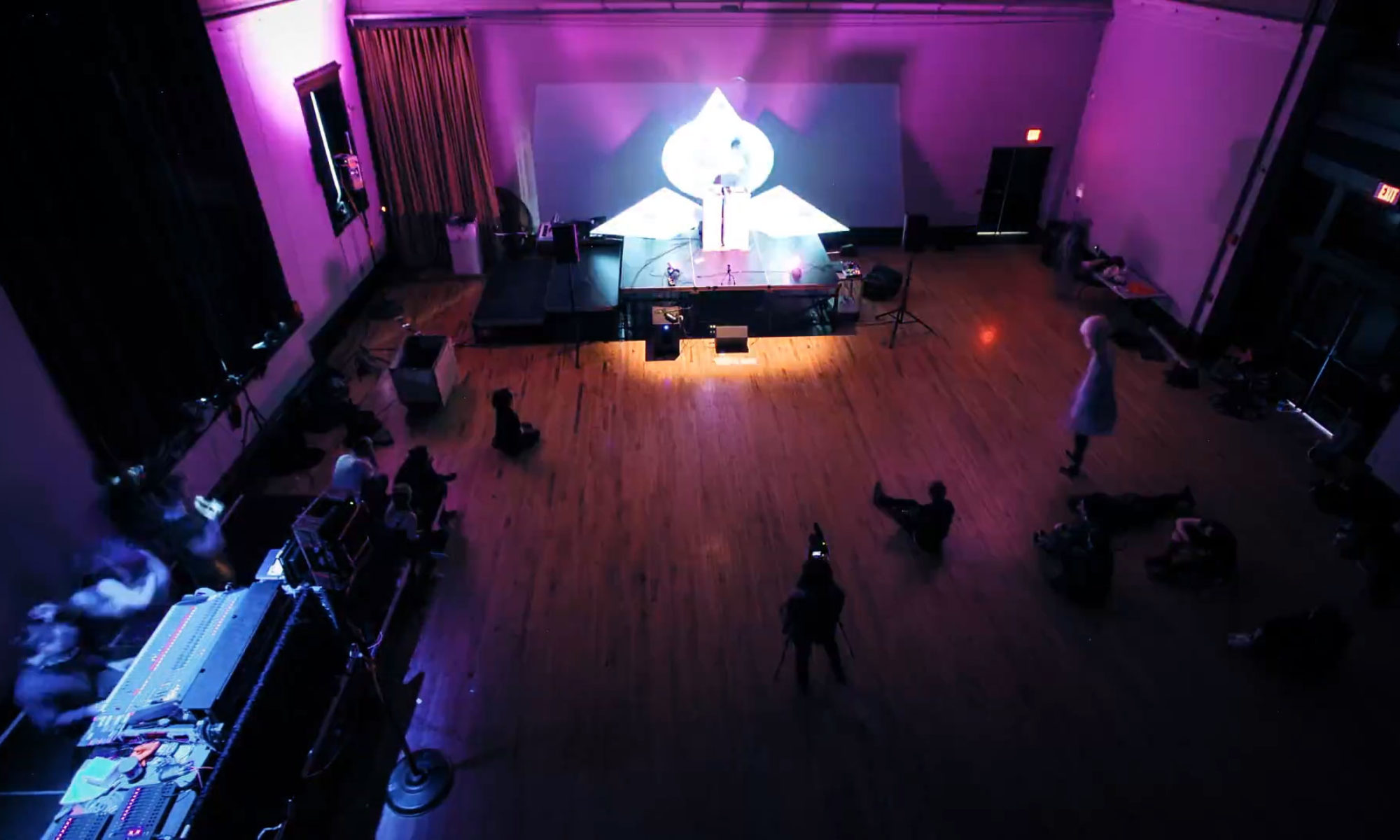Welcome to SIM FALL 2023
> here is a link to the FA23 online booklet.pdf
SIM COMMUNITY WEBSITE AND RESOURCES
- http://massartsim.slack.com – Please join Slack as it is our main form of internal communication;
- https://discord.gg/5UGvMwVG – SIM discord server for alternative ways to communicate;
- http://www.massartsim.org/research – Check out our readings, critique resources, faculty picks, and library research guides on several topics;
- Read “Revisiting the Sandbox” for an overview of the SIM history and pedagogy http://sim-massart.nitasturiale.com/wp-content/uploads/2012/09/AboutSIM.pdf
- https://massartsim.org/sim-resources – Additional resources for students, regarding:
- SIM Student and Alum Opportunities
- SIM Producer Guide and Tools
- SIM Review Board Information
LEARNING GOALS
- Exercise critical thinking through making and analyzing the work’s role in contemporary contexts.
- Acquire the ability to think conceptually across many disciplines.
- Learn how to articulate artistic goals and concepts and translate them into actualized projects.
- Practice self-study in the skills or topics that the student requires to meet their project goals.
- Acquire the ability to respond creatively when the parameters in a given project change.
- Practice descriptive critique techniques (learn how to ask and formulate questions that will help the artist move forward and how to verbalize one’s perceptions).
- Practice speaking and presenting to the public.
- Acquire hands-on skills in audio/visual technology, curatorial practice, community building, and interdisciplinary practice.
- Be exposed to the widest range of artistic mediums, ideas and practice.
- Engage in the cross-pollination of ideas and views in a diverse community.
- Mentor and be mentored amongst students from different cohorts.
- Identify one’s strongest interests and seek out opportunities for pursuing them.
- Work towards a high level of self-motivation, educational agency, and self-imposed standards.
- Practice self-governance, engage in the process of deconstructing assumptions about educational systems and work towards making change.
- To use the experience of failure as an educative tool.
Principles of the Studio for Interrelated Media
Civic Responsibility:
- Participate in the work that benefits the program (volunteer jobs, be stewards of the spaces, SIM meetings).
- Respect each other by being open, honest, tolerant and patient.
- Engage in the evolution of the SIM community – if you are dissatisfied with something, work towards an improvement that will transform your concern for the better of all.
- Follow Studio Management space and equipment usage policies, including returning equipment on time and reporting theft/damage. Leave no trace and/or leave the space better than you found it.
Self-agency:
- Have the courage to ask for help when you need it.
- Take ownership of your own educational path at Massart.
- Trust your own curiosity.
- Take time management seriously.
Embrace Failure:
- Experiment.
- Be willing to seek out, rather than fear, criticism.
- Explore discomfort and disruption through art making.
- Manage the consequences of risk taking.
Engagement Discipline:
- Listen respectfully, without interrupting, while attempting to understand the perspective of others.
- Criticize ideas, not individuals.
- Commit to learning, instead of debating. Comment in order to share information, rather than to persuade.
- Avoid blame, speculation, and inflammatory language.
- Allow others the chance to speak.
- Avoid assumptions about any member of the class or generalizations about social groups
- Do not ask individuals to speak for their (perceived) social group.
- Expect that at times, content shown by faculty, students, and/or visiting artists may address and/or contain strong language, violence, sexual content, racial and gender inequity, and other representations that may challenge or trigger you. The SIM curriculum is designed with the belief that tension, conflict, and discussion have the potential to become valuable learning opportunities. If you find yourself in a situation that is impossible for you to handle and you feel you have to leave the classroom, please communicate with faculty as soon as you are able. Often, interesting discussion, disagreement, and revelation come after the challenging content is presented.

